Science Myths: McDonald’s Hamburgers Don’t Rot
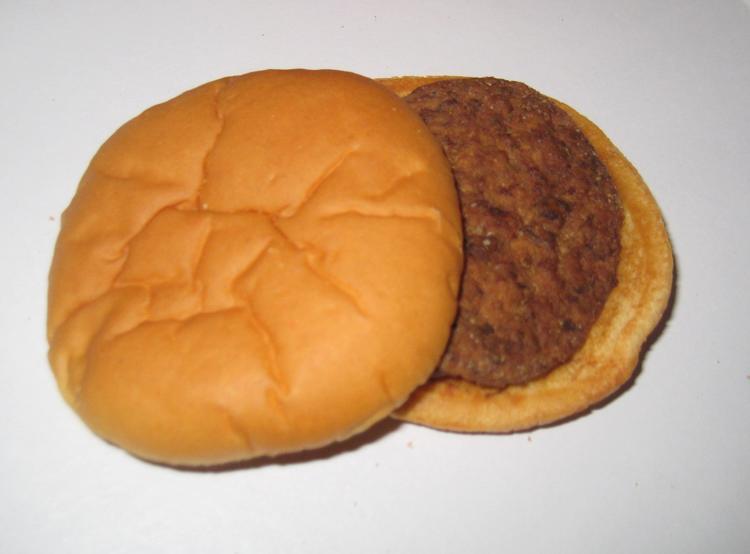
Source: KSL
This “fact” has been making the internet rounds for a while now, but as with most things internet, you’re not getting the big picture. As the story goes, fast food is laden with so many preservatives and chemicals that it doesn’t physically decompose, and therefore can’t (in good conscience) be considered food. Have you seen pictures of years-old McDonald’s food still intact? Yes. Are those pictures real? Probably. Well then, what gives?
For any substance to decompose – or “rot”, microbes need four elements: nutrients, water, warmth, and time. The key missing element here is water.
After it’s prepared, you may notice that McDonald’s hamburgers aren’t particularly juicy. When the burger is left out at room temperature in a building with average to low humidity for a period of time, it’s going to shrink and become void of moisture before time has a chance to catch up with it. Home-cooked hamburgers will incur the same fate if prepared the same way and left in identical conditions.
Myth: Microwave Radiation Causes Cancer
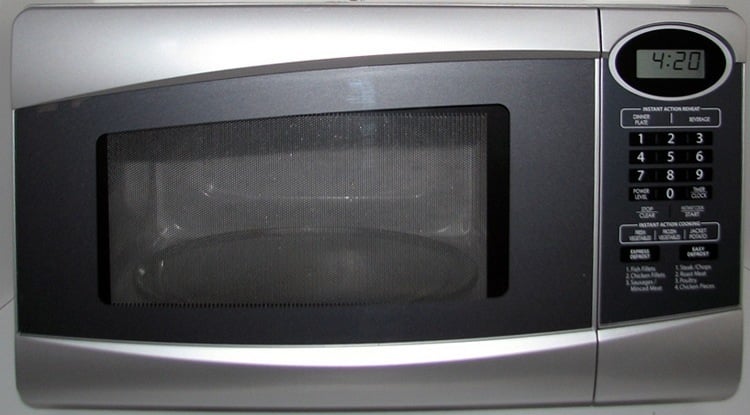
Source: Wikipedia
Only a few types of radiation have been proven to cause cancer, and the kind that heats your pizza isn’t one of them. To keep it short, there are two different types of radiation, ionizing and non-ionizing. When people think of the “bad” kind, they are thinking of ionizing radiation, like radon gas or the radiation found at nuclear weapon explosion sites like Chernobyl.
Non-ionizing radiation is more innocuous; it’s found in radio waves, computers, monitors and microwaves. The only known exception to the non-iodizing rule is overexposure to ultraviolet rays from the sun or tanning bed. Warming or cooking your food in a microwave doesn’t do anything different to it (on the cellular level) than other cooking methods.
Myth: Sugar Makes Kids Hyper

Most kids seem to have boundless energy. Kids also tend to like sweets and sugar. These are two statements that are independently valid, but don’t have much to do with each other. An analysis of sixteen independent, qualified studies shows that kids will be hyper whether they eat a lot of sugar or not.
Burning off all their naturally occurring energy often gets them over-tired, which IS a known trigger for bad behavior and meltdowns. Overall, the parent’s behavior is where the link lies; the truer they believe the sugar/hyperactivity myth is – the more critical and impatient the parent can become. In a double-blind study, parents were more likely to call their child hyperactive after a sugar fix, even if the “sugar fix” was a placebo.
Science Myths: Antibiotics Kill Viruses
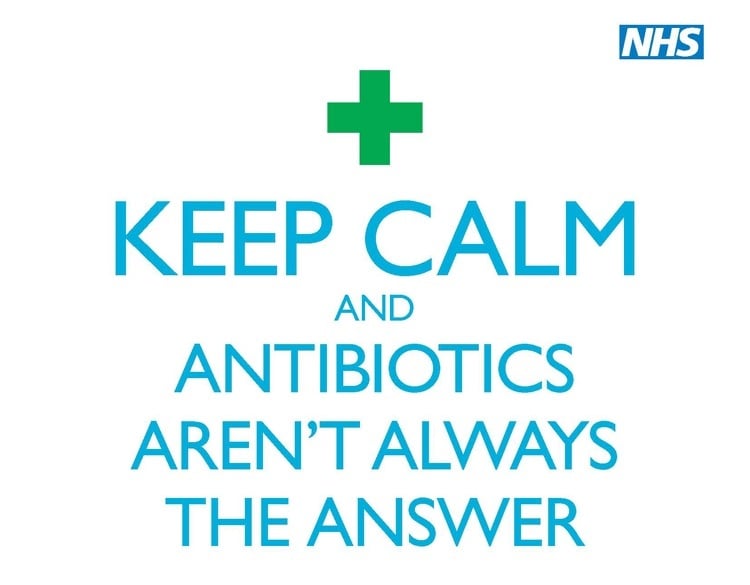
Source: PSNC
Antibiotics kill bacteria, not viruses. As much as we’d like for them to help with our cold or flu symptoms, taking antibiotics for these illnesses can cause you even more problems by making other common bacteria hanging out within you drug-resistant.
This could lead to “superbugs”, which make you sicker than the thing you were trying to cure in the first place. Still, physicians write millions of antibiotic prescriptions for viruses each year; sometimes because it’s better to take that chance than waiting on lab results for something that could be very serious, but mostly because patients (or the parents of patients) badger them into it because of this potentially dangerous myth.
Myth: After You Die, Your Fingernails Continue To Grow

Source: AIB
How would this even be possible? For tissues to grow, it means they need to be alive, which means they need oxygen (which your working heart normally pumps through your blood when you’re alive) and nutrition from your food (which you don’t eat or process after death). The only way this could be misunderstood is by the appearance of the skin of the nail bed pulling away from the nail post-mortem, making them appear longer.
Myth: The Infamous Five Second Rule
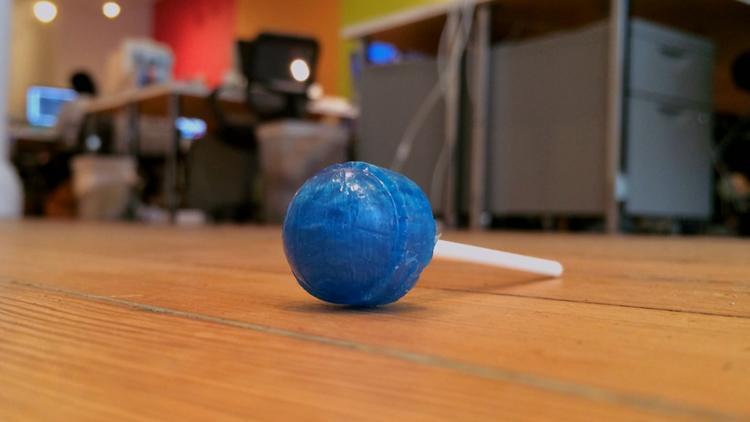
Source: Pic Photos
Dropping your food on the floor (where there are germs) will cause it to pick up germs immediately. End of story.
Science Myths: Synthetic Chemicals Are Bad
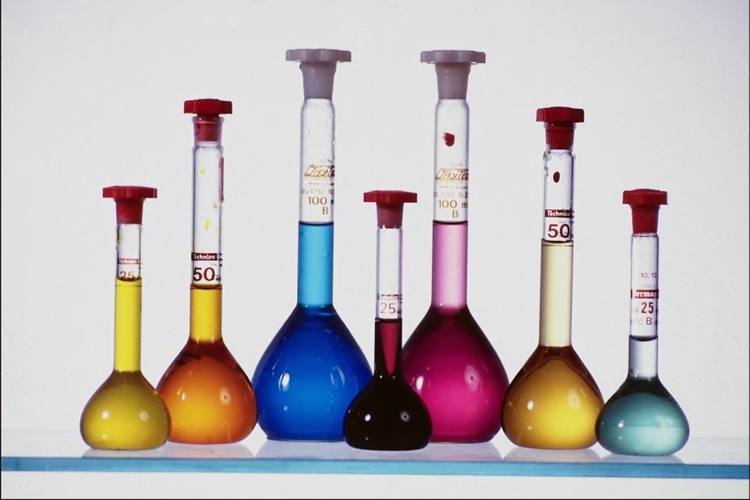
No matter how badly you want to pin everything horrible that happens on man-made chemicals, the truth is that synthetic chemicals—like those found in nature—are neither inherently good or bad, and these associations have more to do with packaging than they do science.
There are actually many more natural substances that will bring you harm than synthetic ones; botulinum and cyanide are natural and are fatal in relatively small doses. Synthetic chemicals found in pharmaceuticals have advanced medicine and prolonged our overall life expectancy. There are favorable substances and there are unfavorable ones, but don’t assume that natural unequivocally means good, and synthetic equals bad.
Myth: Evolution Is Synonymous With “Always Getting Better”

Source: Nature
Many species evolve to become more fit to their environment, but that doesn’t necessarily mean they are becoming “better”… just more apt to survive and reproduce in their current situation. Natural selection is the most important facet of evolution, as it works to ensure favorable traits get passed on – but lots of creatures have remained virtually unchanged over long periods of time because the need for large changes haven’t existed in quite some time. Evolution is the process of adapting to a changing environment, and that’s all.
Myth: Gravity Is Absent In Space.
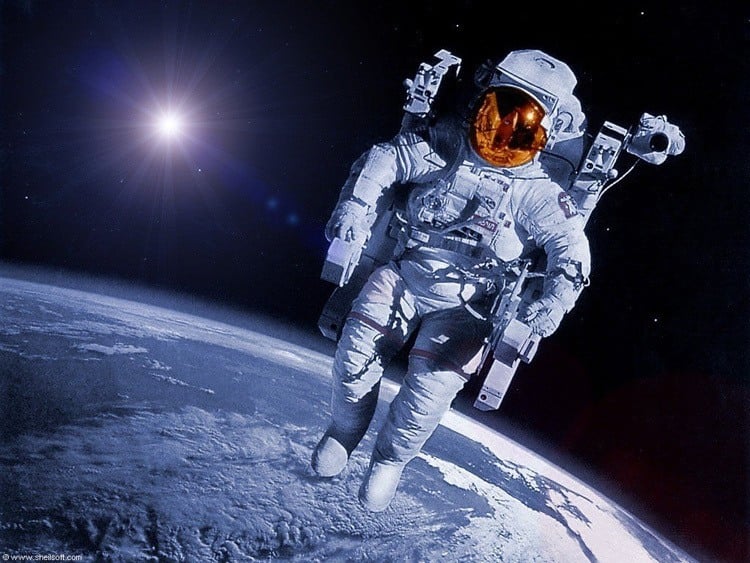
Source: Shalom Life
On the contrary; there is quite a lot of gravity in space. It’s what causes satellites to orbit the earth, stars to orbit the center of their galaxy, and the Earth to orbit the sun. Astronauts look and feel weightless in space because they are always falling and never landing. They are being influenced by gravitational pull towards the earth – but moving enough sideways simultaneously to always be missing it. Even 250 miles above the Earth at normal orbit height, the gravitational pull is only 10% less than on its surface.
Myth: The Big Bang Theory Explains How The Universe Was Created
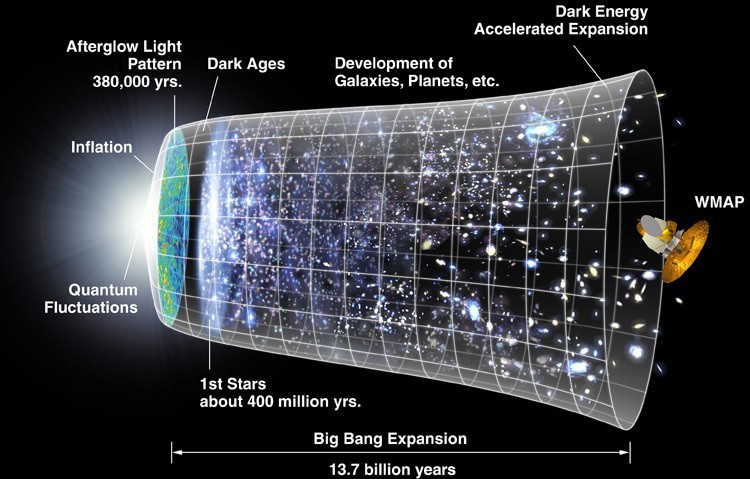
Source: Wikipedia
The difference here is all in the wording. The theory of the big bang uses our observations and pulls from them the theory of how the early universe expanded from a tiny, condensed state into what it is today, not how (or when) time, matter and energy physically came into existence. It doesn’t purport to have anything to do with what came before this rapid expansion, or anything outside of our known universe.
Enjoy this look at fascinatingly pervasive science myths? Then be sure to check out our other posts on space facts and interesting animals you won’t believe are real.





